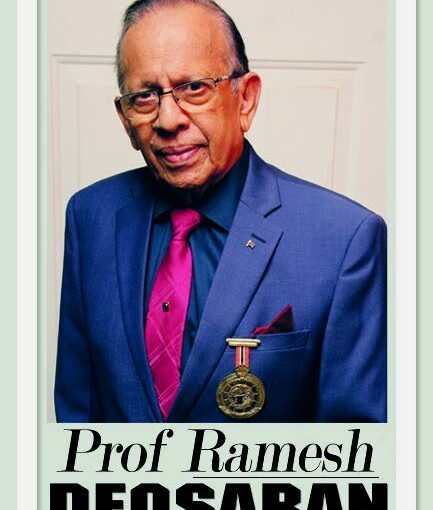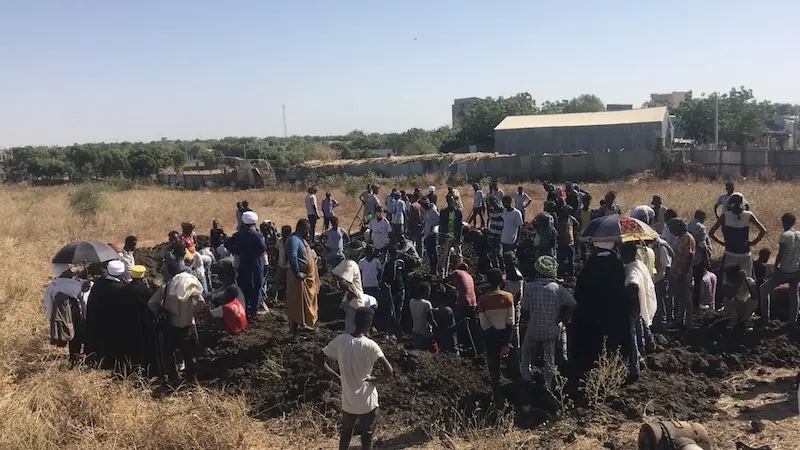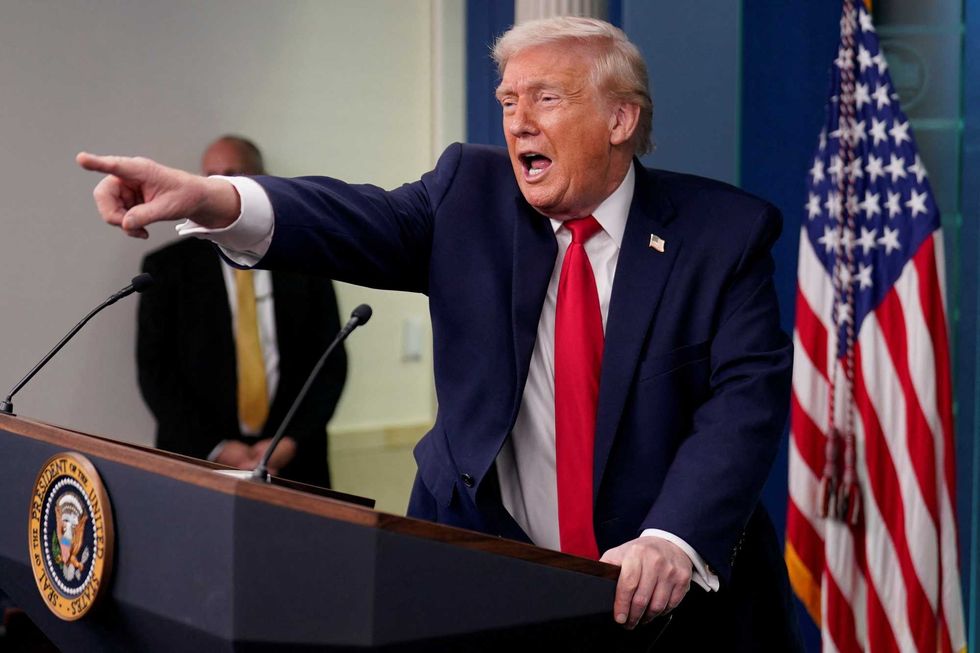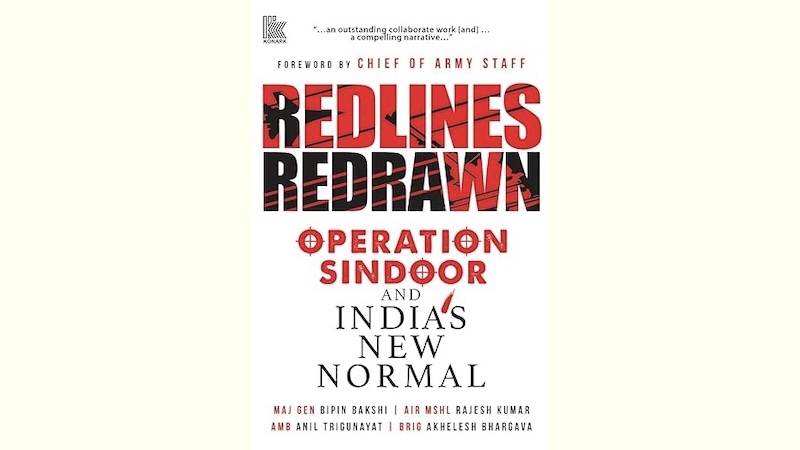Future war “may see attacks via computer viruses, worms, logic bombs, and trojan horses rather than bullets, bombs, and missiles” -- Steven Metz,...
Vous n'êtes pas connecté
- English
- Français
- عربي
- Español
- Deutsch
- Português
- русский язык
- Català
- Italiano
- Nederlands, Vlaams
- Norsk
- فارسی
- বাংলা
- اردو
- Azərbaycan dili
- Bahasa Indonesia
- Հայերեն
- Ελληνικά
- Bosanski jezik
- українська мова
- Íslenska
- Türkmen, Түркмен
- Türkçe
- Shqip
- Eesti keel
- magyar
- Қазақ тілі
- Kalaallisut ; kalaallit oqaasii
- Lietuvių kalba
- Latviešu valoda
- македонски јазик
- Монгол
- Bahasa Melayu ; بهاس ملايو
- ဗမာစာ
- Slovenščina
- тоҷикӣ ; toğikī ; تاجیکی
- ไทย
- O'zbek ; Ўзбек ; أۇزبېك
- Tiếng Việt
- ភាសាខ្មែរ
- རྫོང་ཁ
- Soomaaliga ; af Soomaali
Rubriques :
 Maroc - NEWSDAY.CO.TT - A la Une - 19/01/2025 06:48
Maroc - NEWSDAY.CO.TT - A la Une - 19/01/2025 06:48
Lying, rumours and politics
We have now fallen into a confusing state of denials, cross-talk and double-speak over the closure of “some police stations.” There is yet no reliable measure or evidence to prove either way. So we live with the dangerous uncertainty. Was it true, speculation or just a rumour? Whom do you believe – Dr Rowley or Police Commissioner Erla Harewood-Christopher? Here’s another one – the “$25,000-limit Pensions Bill.” Do you believe the Attorney General’s claim that it was “a public servant” who mistakenly inserted a misleading clause in the bill? What is worrying is the advice given by Prof Jean-Noel Kapferer in his book Rumours. He said when in doubt over rumours (hearsay of doubtful accuracy), citizens should seek clarity and truth from government officials. But suppose it is an elected government official who is spreading the self-serving rumour, especially at election time? How can you trust a political leader who tells you one thing today and does something opposite tomorrow? The tricky thing is that in our sliced democracy, the opposition would likely believe and peddle rumours and propaganda (an organised programme of publicity; selected information used to propagate a doctrine, or idea) about the government, while the government would likely believe and peddle rumours and propaganda about the opposition – both leading to the common view that in politics the first casualties are truth and trust. Prof Kathleen Hall Jamieson noted: “Because political campaigns thrive on contrasts and more easily reinforce than change attitudes, they naturally traffic in stereotypes.” Stereotypes contain falsehoods, subtle lies and distortions. She named her book Dirty Politics. An election season or a national crisis is ripe and ready for the self-serving spread of lies, rumours and propaganda. Many books have been written on this intriguing subject – especially on how effectively Germany’s Adolf Hitler (“Make Germany Great Again”) and Italy’s Benito Mussolini (Fascism) captured millions of supporters, not only to suppress but destroy any opposition. In William Lutz’s book Doublespeak, there is an illuminating chapter on the Doublespeak of Government and Politics which explains the numerous ways in which politicians twist and turn the truth. Our public language, he says, “has become a language of deception that masquerades as openness.” During the week after the July 27, 1990, Jamaat-al-Muslimeen uprising, I attempted to collect the number and content of rumours being spread by various people through the electronic and print media, face-to-face exchanges and telephones. We had no cellphones then. In fact even a landline was hard to get in this “social contact” society. I intended to write a book on the spread of insurrection-related rumours and propaganda as an accompaniment to another one I was writing, A Society Under Siege: A Study of Political Confusion and Legal Mysticism. This published book described the causes of the insurrection, the violent takeover of media houses and Parliament, the related politics, deaths, destruction looting and the critical role of the media and courts. (It can be found in Nalis, UWI and UTT libraries) Under a total curfew and state of emergency in July 1990, public fear and insecurity grew rapidly. As the gunfire exchanges were taking place between the government security forces and the Muslimeen, the frightened, closed-up population was prepared to believe almost anything to match and reinforce their fears. In such a psychological state, they became very vulnerable to lies, rumours and propaganda. Among the floating rumours were: “a Libyan plane landed in Piarco,” “A dead body found in WASA dam,” “some police got killed in Port of Spain,” and “Robinson dead.” Were these things true? I attempted to find out by telephone the extent to which a sample of people (non-random) believed these rumours or not. Surprisingly, but understandably so, almost 80 per cent of the 196 people on average, from both north and south, believed these rumours. In fact, those in south showed greater belief. Each rumour was eventually found not to be true. My related tragedy was that the floppy disc with the data and my Macintosh computer crashed, losing the manuscript. I still have the Macintosh as a sad memory. Anyhow, it is remarkable how people’s fear and uncertainty generate their own twisted perceptions of reality, and also how such people fall easy victim to self-serving lies and propaganda. We could save ourselves from lies, rumours and propaganda by independent thinking and a robust search for the facts. But what happens when such psychological mischief suits your own political interest too? We could save ourselves from lies, rumours and propaganda by independent thinking and a robust search for the facts. But what happens when such psychological mischief suits your own political interest too? The post Lying, rumours and politics appeared first on Trinidad and Tobago Newsday.
Articles similaires
Pressure, Not Appeasement: The Russia–Ukraine War Enters a Decisive New Stage — Interview with Anna Danylchuk
The war is closer to its end than it was in 2022, yet it is entering a new, harsher phase with massive attacks on civilian infrastructure....
Trump's naked hypocrisy on this key subject may be key to breaking MAGA
I think most liberals are probably familiar with what has become known as Wilhoit’s Law — that the true goals of the right are inequality,...
Targeting The Amhara Intelligentsia: Killings, Detentions, And The Legal Threshold Of Genocide Under International Law – OpEd
Introduction Reports of targeted violence against Amhara academics and professionals have raised growing concern about the safety of intellectual...
Targeting The Amhara Intelligentsia: Killings, Detentions, And The Legal Threshold Of Genocide Under International Law – OpEd
Introduction Reports of targeted violence against Amhara academics and professionals have raised growing concern about the safety of intellectual...
This ridiculous plot will get Trump laughed out of court — but Fox News is salivating
Despite repeated judicial rulings rejecting Trump’s 2020 election claims, he persists. Proving that his ego burned through his prefrontal cortex and...
Trumpworld's latest rush to judgment hurts us all
By Brian O'Neill, Professor of Practice, International Affairs, Georgia Institute of Technology. In separate encounters, federal immigration agents...
Redlines Redrawn: Operation Sindoor: India’s New Normal – Book Review
Why did I pick up “Redlines Redrawn: Operation Sindoor and India's New Normal?” Firstly, I thought that the book coming out after six months...
Soothsaying And The Sampling Referendum: The Heralded Rise Of One Nation – OpEd
Nominal realities bedevil politics. They usually find form in polling statistics, airings in the land of pundits and those self-appointed wise...
Trump Still Can’t Find The Millions Of Illegal Votes – OpEd
We all know that Donald Trump lies all the time about almost everything. But just for fun, it can be interesting to imagine he is telling the truth....
Les derniers communiqués
-
Aucun élément









